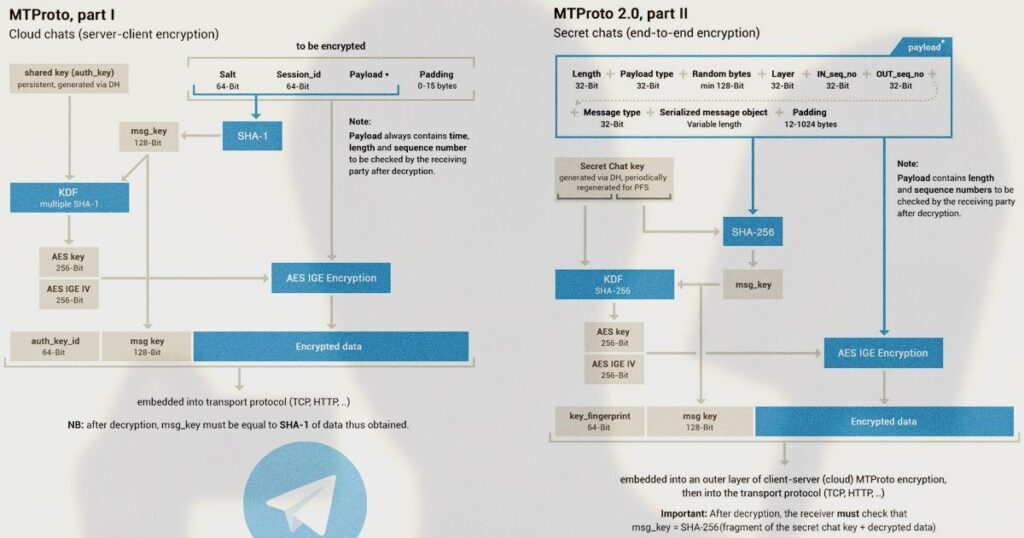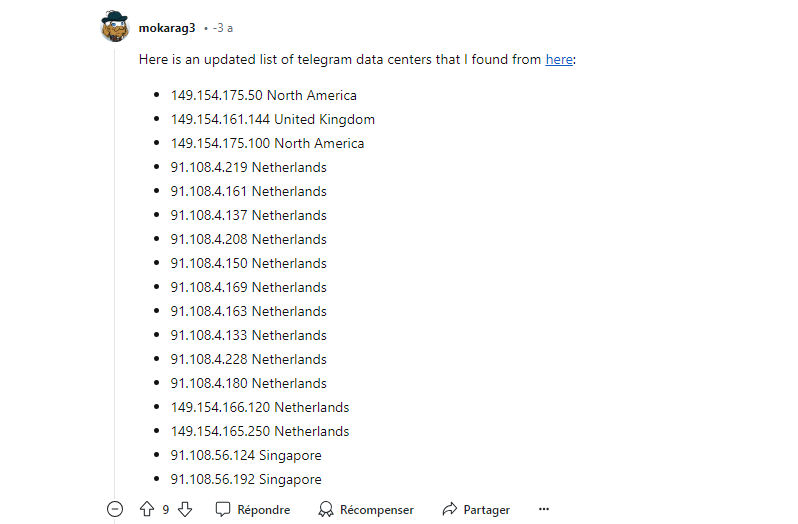Pavel Durov is one of the most intriguing figures in the tech world. Despite having a net worth of $15 billion, he owns no tangible assets. He is rumored to have fathered over 100 children without direct involvement with the mothers. Known for his provocative behavior, Durov founded VK, Russia’s largest social network, and famously clashed with government officials. His crowning achievement, however, is the creation of Telegram, a messaging platform boasting over a billion users. Remarkably, Telegram doesn’t run ads, employs only 30 people, and is notoriously difficult for government surveillance.
Durov once stated, “To be truly free, you should be ready to risk everything for freedom.” That philosophy seems to have caught up with him, as he was recently arrested in France and now faces up to 20 years in prison. The charges range from money laundering and fraud to violating sanctions, among others. The story is far from straightforward, so today we’ll explore how Telegram operates and how it stacks up against other encrypted messaging apps like Signal to determine whether it is a force for good or evil.
Although Durov was born in Russia, he holds citizenship in the UAE and France. His French citizenship has provided the country with a legal basis for his arrest and potential imprisonment. But what has he allegedly done wrong? French authorities have cited Telegram’s “lack of moderation and cooperation with law enforcement” as major concerns. Additionally, the platform’s use of disposable phone numbers facilitates cryptocurrency transactions that are hard for authorities to track. Telegram even has its own cryptocurrency, which has been plummeting in value since Durov’s arrest. The situation bears some resemblance to the case of the Silk Road, which led to its founder Ross Ulbricht receiving two life sentences without parole.
Telegram stands out as a social platform where one can access unfiltered, uncensored information without the mainstream narrative or warning labels. However, it’s not entirely free from censorship. If you download Telegram from the Apple or Google App Stores, it must comply with their content restrictions. That’s why it’s recommended to download it directly from telegram.org. Additionally, many of Telegram’s applications are open source.
So, how are authorities aware of any potential illegal activities on Telegram if it’s encrypted? In reality, most communication on Telegram is encrypted, but not end-to-end encrypted. The most secure form of messaging uses end-to-end encryption, where only the sender and receiver can read the messages, as opposed to messages being stored on a centralized server. Apps like Signal use this method, and even Signal has faced bans in countries like Russia. While Telegram does offer end-to-end encryption for private chats, much of its other content is stored on servers, making it accessible under certain conditions.

Telegram’s infrastructure is deliberately spread across multiple countries, complicating efforts by any single government to access user data. Even if authorities seize a server in one country, the encryption keys might be stored in another nation that has little interest in cooperating with international law enforcement, particularly if there are geopolitical tensions.

The European Union has been trying to crack down on encryption, with figures like Ylva Johansson advocating for laws that could make end-to-end encryption illegal. Although these efforts have not yet been successful, they highlight the growing concern among authorities about platforms like Telegram that resist surveillance and censorship.
One potential strategy to circumvent these challenges is to target the platform’s leadership directly. Arresting a CEO like Durov could be a means to force compliance or extract concessions, such as providing backdoor access to user data. However, legal battles with powerful governments rarely end in favor of the accused, as the odds of winning in court against entities like the U.S. government are extraordinarily slim.
As the situation unfolds, it remains to be seen whether Pavel Durov will stand by his commitment to freedom or whether he will be forced to compromise under pressure. His fate could set a significant precedent for the future of digital privacy and freedom on the internet.
Pavel Durov’s arrest in France has not directly led to any countries banning Telegram. However, Telegram has faced bans or restrictions in various countries over the years due to concerns over its encryption, refusal to comply with government demands for user data, or its role in facilitating unmonitored communication. Some countries that have banned or restricted Telegram in the past include:
- Russia: Telegram was banned in Russia in 2018 after the company refused to provide the government with decryption keys for its user data. The ban was lifted in 2020 after two years, but the Russian government continues to monitor the platform closely.
- Iran: Telegram has been restricted in Iran due to concerns over its use in organizing protests and sharing unfiltered information.
- China: Telegram is blocked in China as part of the country’s broader internet censorship strategy, which restricts access to various social media and communication platforms.
- India: While India has not banned Telegram entirely, it has occasionally taken steps to restrict specific channels or groups on the platform that are considered illegal or a threat to national security.
If any countries have banned Telegram specifically following Durov’s arrest, it has not been widely reported until now.











